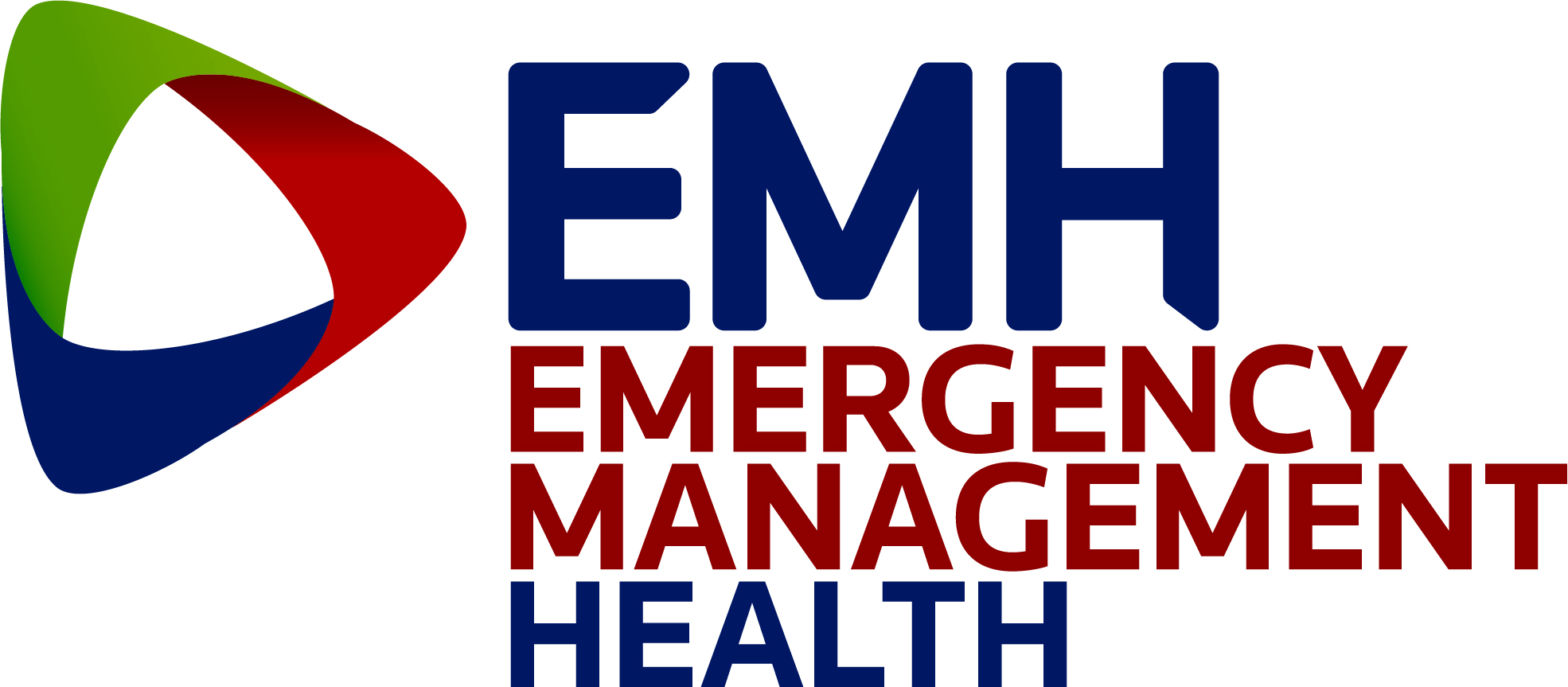
A major emergency is any event which, usually with little or no warning, causes or threatens death or injury, serious disruption of essential service or damage to property, the environment or infrastructure beyond the normal capabilities of the HSE and the other emergency services either locally, regionally or nationally. A major emergency requires the activation of specific additional procedures and the mobilisation of additional resources to ensure an effective, coordinated response.
Examples of some of the more significant Major Emergencies in Ireland include major aircraft accidents such as the Air India crash in 1985, major fires such as the Stardust fire in 1981, severe weather events such as the widespread national flood and extended period of sub-zero temperatures that occurred in the Winter of 2009/10 and infectious disease outbreaks such as the Influenza Pandemic in 2009.
These specific plans are known as Major Emergency Plans and are required to provide for an effective and coordinated response. The development of these major emergency plans and their associated procedures and the coordination of response to Major Emergencies are collectively known as 'Emergency Management'. In an average year, the HSE would have ten or more activations of its major emergency plans.
The HSE National Emergency Management function works at a National and Regional level with all HSE Services and on an inter-agency basis to ensure that appropriate Emergency plans are developed, updated and tested as required.
What HSE services are currently affected by major emergencies?
There are currently no HSE services affected by major emergencies